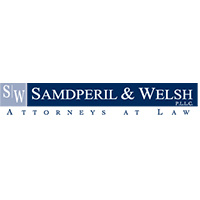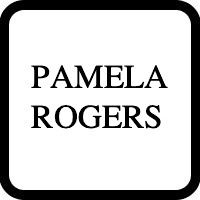East Kingston RICO Act Lawyer, New Hampshire
Sponsored Law Firm
-
 x
x

Click For More Info:
-
Champions Law, PLLC
170 West Rd Suite 6D Portsmouth, NH 03801» view mapCriminal Defense Your Advocate & Defender
When you are dealing with an important, life-altering legal issue, having the right attorney on your side can make all the difference. At Champions Law, we are here to serve you.
800-783-8020
Not enough matches for East Kingston RICO Act lawyer.
Below are all East Kingston Criminal lawyers.
Joseph Welsh
✓ VERIFIEDCriminal, Motor Vehicle, Accident & Injury, Personal Injury, Car Accident
NH Attorney Joseph Welsh is an experienced trial attorney. He began trying cases while he was still a student in law school twenty years ago and hasn'... (more)
Pamela Rogers
✓ VERIFIEDAccident & Injury, Criminal
Pamela Rogers is a practicing lawyer in the state of New Hampshire and Massachusetts.
Richard Samdperil
Misdemeanor, DUI-DWI, Criminal, Accident & Injury
Ryan L. Russman
Wills, DUI-DWI, Criminal, Personal Injury, Divorce & Family Law
Status: In Good Standing
 Laurie Lacoste Portsmouth, NH
Laurie Lacoste Portsmouth, NH Practice AreasExpertise
Practice AreasExpertise


